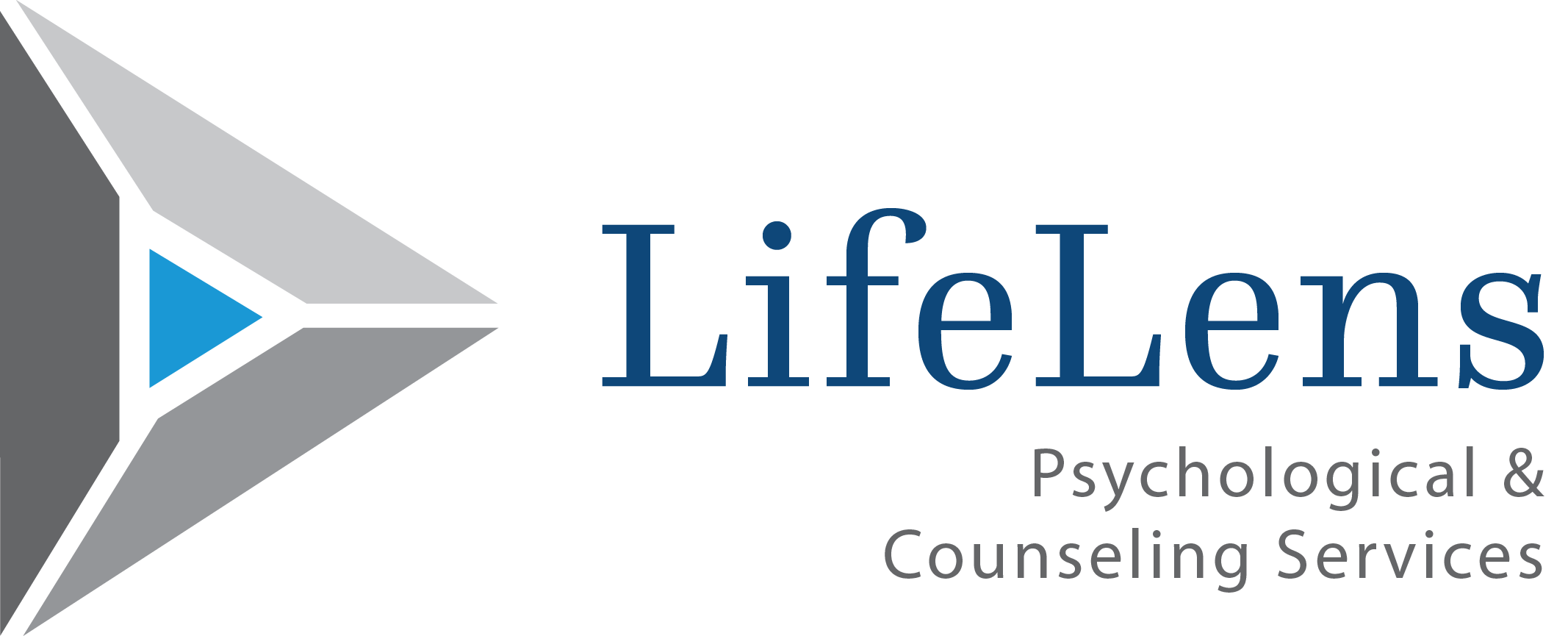Does your mood sometimes swing from mildly depressed to boisterously excited? If so, you may be suffering from Cyclothymia, a type of mood disorder often described as a milder form of Bipolar Disorder. Psychology Today describes the person with Cyclothymia as having hypomania (elevated mood and excitement) but not full-blown manic episodes. The patient is still quite functional and productive and may not believe they have the symptoms. The reason diagnosis is important, however, is that approximately 33 percent of people with Cyclothymia see it progress to Bipolar Disorder.
Symptoms of Cyclothymic Disorder
Everyone experiences shifts in mood from time to time. For many, those shifts aren’t very extreme and don’t cause any real disruption. Those with Cyclothymia experience unpredictable mood swings that, although they aren’t as severe as experienced by those with Bipolar Disorder, are still disruptive and are present over a period of years.
What does it mean to shift between hypomania and mild depression? Mayo Clinic (7) outlines a number of symptoms for both ends of the emotional spectrum, including for hypomania:
- Exaggerated feeling of happiness
- Extreme optimism
- Racing thoughts
- Excessive physical activity
- Easily distracted
- Inability to concentrate
…and for depressive symptoms:
- Feeling sad or hopeless
- Guilt and feelings of worthlessness
- Restlessness
- Fatigue
- Problems concentrating
Treating Cyclothymia
If you are being treated for Cyclothymia, a psychiatrist is likely to prescribe a medication that may help to stabilize your mood and lessen any manic episodes. Psychotherapy is also used to help those with Cyclothymia, particularly Interpersonal and Social Rhythm Therapy (IPSRT). Since a dependable daily routine can help minimize symptoms, managing your meal schedule, sleep and wake times, exercise habits and other parts of daily life is helpful and part of what IPSRT works to accomplish. Other types of therapy are also helpful, focusing on managing stress, identifying triggers and developing healthy behaviors.
Working with you to identify an effective approach to therapy is what we do best at LifeLens
